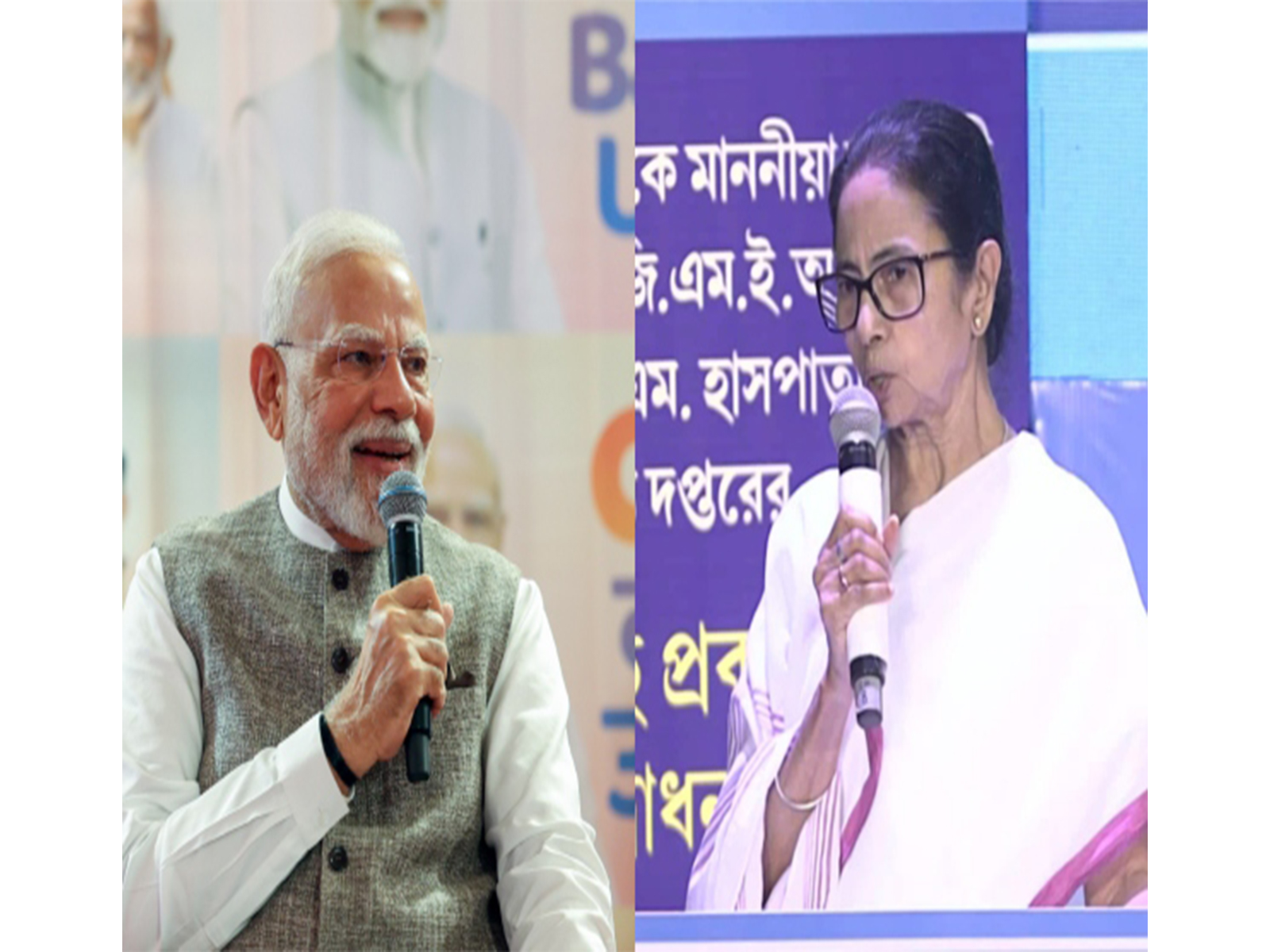India's GST 2.0: A 'Festival of Savings' or a 'Historic Blunder'?
The introduction of GST 2.0, labeled 'Bachat Utsav' by Prime Minister Modi, ignites contention between the government and opposition. Positioned as a relief through tax cuts, the reform faces scrutiny as opposition labels it a correction of a long-standing error. Economic and political reactions vary widely.

- Country:
- India
The rollout of GST 2.0 in India, celebrated as 'Bachat Utsav' or 'Festival of Savings' by Prime Minister Narendra Modi, has stirred a fierce debate between the central government and the opposition. While the government promotes it as a major reform aimed at delivering tax relief, critics accuse it of belatedly correcting past mistakes.
Launched on September 22, GST 2.0 introduces two primary tax brackets of 5% and 18%, with a 40% compensation cess for luxury and sin goods. The reform is projected to offer Rs 2.5 lakh crore in tax reductions, as highlighted by PM Modi in a letter to citizens. Modi emphasizes the reform's potential to enhance savings and benefit all societal sectors.
Opposition figures, however, remain unconvinced. Congress MP Manickam Tagore has branded it a 'historic blunder' made by Modi and YSR Congress Party president YS Jagan Mohan Reddy's support as misplaced. Meanwhile, Union Ministers remark on the potential GDP boost, while dissent continues from figures like West Bengal CM Mamata Banerjee, who argue the cost falls on state governments.










